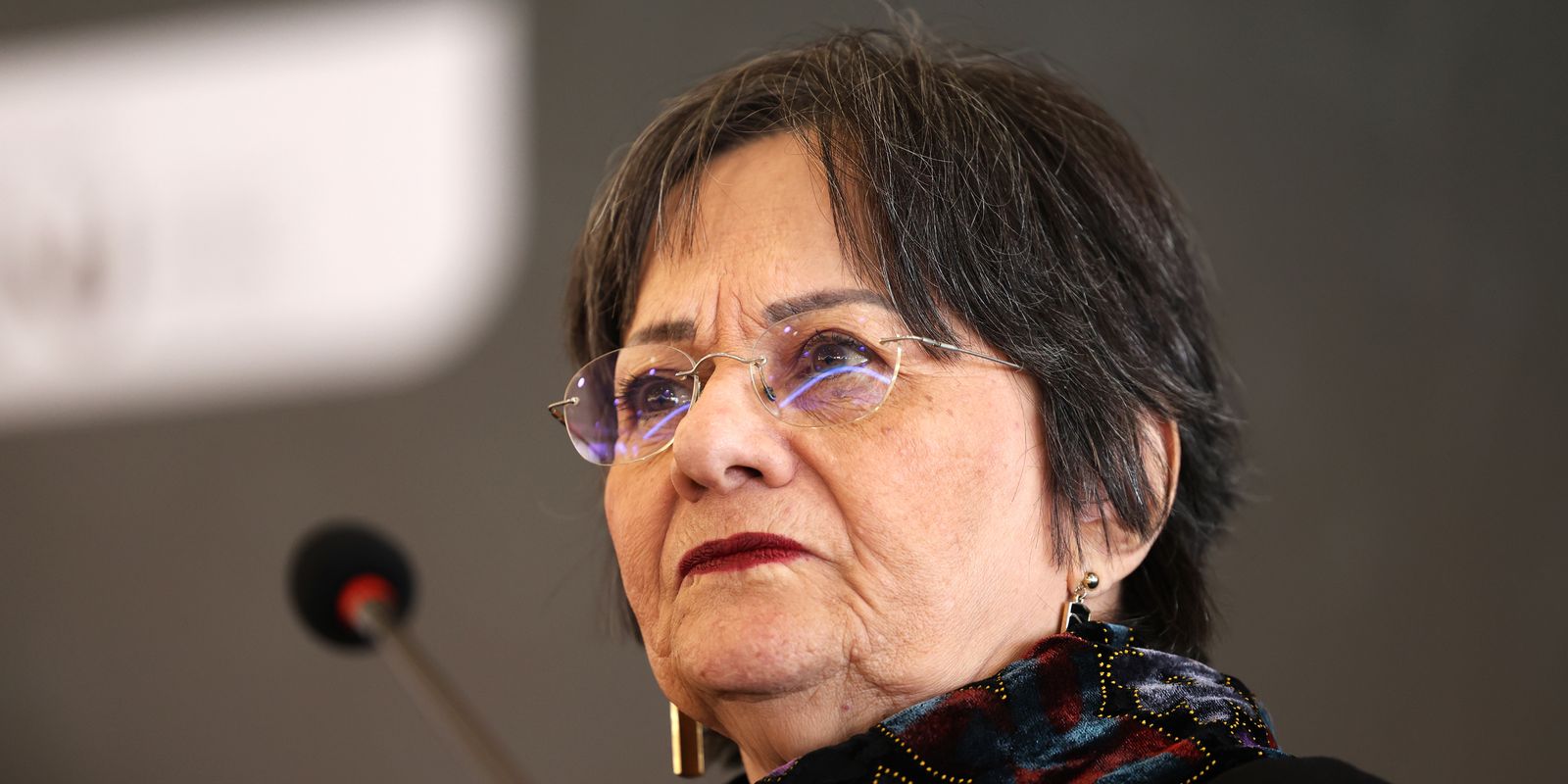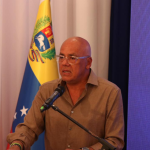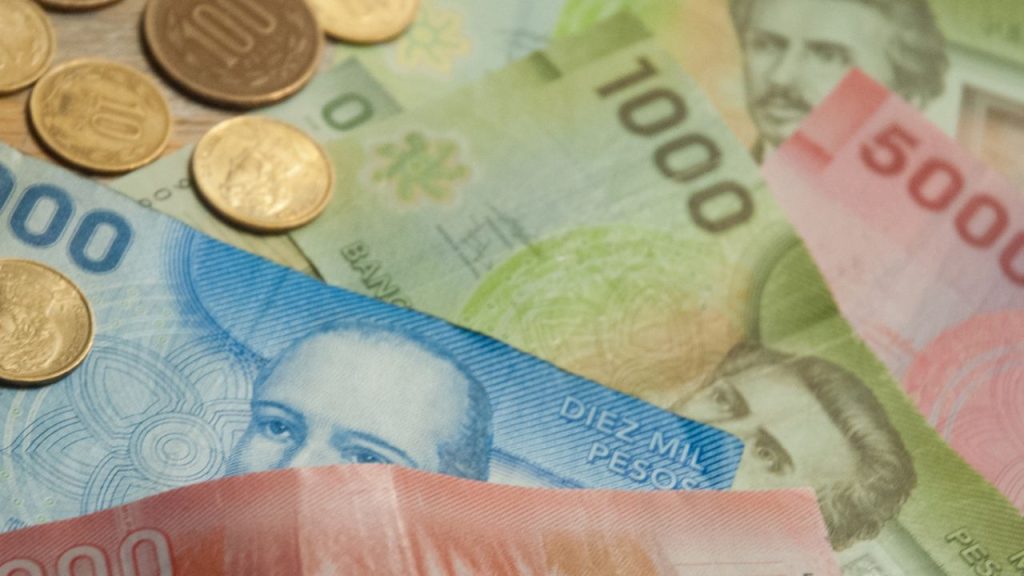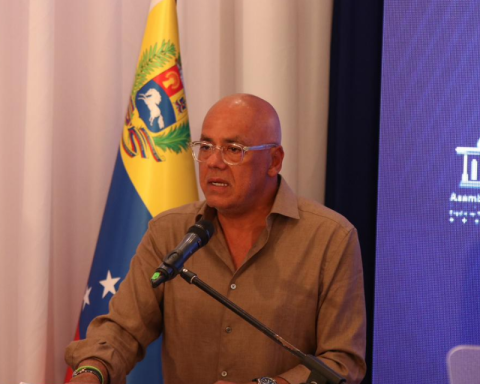The penalties provided for in the Maria da Penha Lawwhich turns 18 this month, have been applied in large cities, but not so much in small or medium-sized municipalities. This is the assessment of biochemist pharmacist Maria da Penha Maia Fernandes, better known as Maria da Penha, whose story of gender-based violence had international repercussions until it gave rise to the law that bears her name.
Maria da Penha was honored this Wednesday (21) by the Faculty of Law of the University of São Paulo (USP), the institution where he completed his master’s degree.
According to the pharmacist, the law establishes penalties and also provides for educational actions, which she believes are far from ideal. For Maria da Penha, in addition to correcting men’s behavior so that they do not commit more aggression, women need to inform themselves and learn to identify what characterizes gender violence. It is by understanding how the cycle of aggression occurs that they can break it at the beginning, preventing the violence from worsening.
“Thank God, the women of my country took the legislation into their own hands and strengthened it. Because a written law is one thing and an enforced law is another,” said Maria da Penha.
“Women, even in important positions, suffered violence and there was nothing to protect them. And they had to live the farce of happiness. The Maria da Penha Law awakened in these women who already had a position in society [esforço] so that this law could come to fruition”, he added.
During the event, Maria da Penha announced that she was delivering a copy of the book I survived… I can tellfrom 1994, to the School of Economics, Administration, Accounting and Actuarial Science at USP, where her abuser, at the time her husband, the Colombian Antonio Heredia Viveros, studied. “I consider this book to be the letter of freedom for Brazilian women,” she declared, adding that “it is there that they need to know the true story of a student.”
The work, which recounts her entire story, served, together with the legal proceedings, to increase her visibility among the international community. In it, she narrates how her then partner tried to kill her with a firearm and, later, with electric shocks.
The co-founder and vice-president of the Maria da Penha Institute, Regina Célia, recalled that the process of approving the law exposed Brazil’s backwardness in terms of protecting women. “She knocked on the doors of the justice system in Brazil, but her neighbors were the ones who accepted her complaint. It was people from the other side who said the following: you are very tolerant,” she said, emphasizing that Maria da Penha’s name “travels around the world” to this day.
According to Maria da Penha, her notoriety has brought her both recognition and affection, as well as generating outrage and threats, often fueled by fake news. She said that, starting in 2021, she began to fear for her own life and has been surprised by episodes, such as when a man approached her in a parking lot and said he was her former attacker. “At that moment, I was held in private prison by choice,” she added, emphasizing that she had obtained a protective measure with the help of the Minister of Women, Cida Gonçalves.
Lawyer Leila Linhares also recalled how the argument of legitimate defense of honor, used to exonerate men who committed crimes against women, sparked discussions within the feminist movement, especially in the 1970s.
One of the best known examples was the murder of socialite Angela Dinizby her then-boyfriend Doca Street. The case went to a jury trial. “We realize the long path of decades and decades of fighting against violence,” she said. “And violence against women was not considered a violation of human rights,” the lawyer added.
















